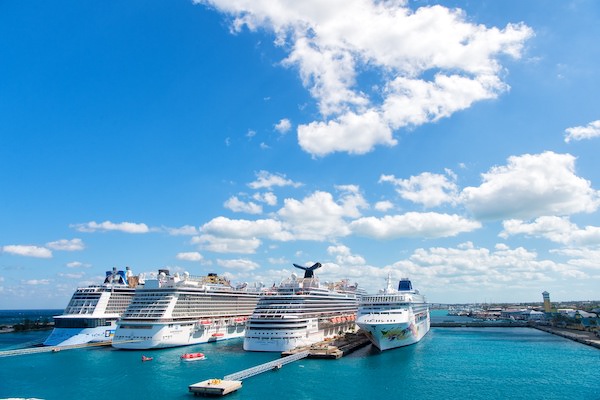In an unprecedented achievement, cruise tourism in the Caribbean and Latin America has achieved remarkable economic success.
- The industry’s revenue surged to an unprecedented $4.27 billion, significantly surpassing pre-pandemic figures.
- This financial boom underlined the strength of cruise tourism, supporting over 94,000 jobs with substantial wages.
- Key destinations, like the Bahamas and Cozumel, experienced notable financial benefits.
- These developments highlight the potential for continued growth and collaboration between cruise lines and local economies.
The cruise tourism sector in the Caribbean and Latin America witnessed a significant financial milestone, generating a record $4.27 billion in the past year. This figure marks an impressive growth of over 25% compared to the previous high set in 2018, prior to the global pandemic.
According to a study by the Florida-Caribbean Cruise Association (FCCA) encompassing 33 destinations, the industry supports more than 94,000 jobs, collectively paying $1.27 billion in wages. Cruise lines contributed $968.3 million, equating to an average expenditure of $29.3 million per destination.
Impressively, the region attracted 29.4 million visits from cruise passengers, with each spending, on average, $104.36, generating a total income of $3.07 billion. Crew members accounted for an additional 3.9 million visits, spending an average of $58.78 each and contributing a further $229.5 million.
The cumulative 33.3 million passenger and crew visits represent a 13% increase over earlier recorded data. Notably, of the 31 destinations assessed in both 2018 and 2024, there was a substantial 17% rise in passenger numbers.
Average per passenger spending improved in 26 of the 31 consistent destinations, with 14 regions now seeing average spending above $100 per passenger, a rise from 12 in 2018.
The Bahamas emerged as the most significant beneficiary, securing over $650 million, followed by Cozumel in Mexico, which brought in $483 million.
The released study from the 30th annual FCCA cruise conference in St Maarten did not factor in indirect benefits, such as purchases by tour operators and port authorities, although these figures were integral for calculating total employment and wage impacts.
Michele Paige, FCCA’s chief executive, expressed pride in these outcomes, emphasising the positive impact on regional economies and underscoring the foundation for future success between cruise enterprises and their destination partners.
These outcomes showcase the substantial influence of cruise tourism on regional economies, signalling a promising future for continued growth.

